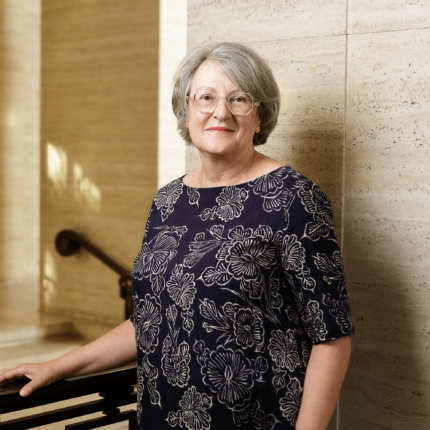Another week, another media storm about course closures and ‘low value’ degrees in the arts and humanities.
This time the focus is on English Literature and its ‘suspension’ at Sheffield Hallam (it is actually being folded into a broader degree that includes English Language and Creative Writing).
However, the news has reignited debates about both the subject and its value. So, what are these conversations – and the assumptions that underpin them – getting wrong?
Low Value?
Claims that English Studies degrees are of ‘low value’ to the individual student – compared to science degrees – are unsubstantiated. In fact, student employment outcomes are similar. According to the British Academy’s report Qualified for the Future, 88 per cent of Arts, Humanities and Social Science (AHSS) graduates were employed in 2017, compared with 89 per cent of Science, Technology, Engineering and Maths (STEM) graduates. STEM graduates tend to attract higher starting salaries initially, but this gap significantly narrows after ten years. The same report notes that
of the ten fastest growing sectors, eight employ more graduates from AHSS than other disciplines.
A more recent report from the Higher Education Policy Institute (HEPI) notes that humanities subjects fall in the middle of the range for average salaries of graduates five years after graduation.
In terms of future prospects – according to the Department for Education’s own figures – English is joint fourth in terms of annual average wage growth at 6.2 per cent – compared to 5.9 per cent for Physics which sits in sixth place.
Economic Value
English is a crucial contributor to the creative industries – the fastest growing part of the UK economy. A quarter of all arts, humanities, and social sciences graduates work in the creative sector, which is currently worth £84.1bn, with credible predictions that there will be 900,000 new jobs in this sector by 2030.
And whatever happens to the nature of jobs and the job market in the next decade, English graduates have 8 of the top 10 skills declared essential for 2025 by the World Economic Forum. They will turn their analytic, actively-learning, problem-solving, critical, creative, collaborative, resilient and problem-solving skills to meet future challenges. Because of these skills, English graduates are highly mobile and can quickly find careers in many different sectors from banking, insurance and finance, manufacturing, education, health, and professional services; from catering, hospitality and hotel management to libraries, galleries and museums. Arts, humanities, and social sciences graduates currently comprise 55 per cent of global leaders and 58 per cent of FTSE company executives.
Social Value
English delivers social value by reaching into communities and responding to social challenges. The discipline shapes commercial innovation and entrepreneurial activity, innovation in digital technologies, public understanding of climate change, activities in health and well-being, and influences government policy in the UK and abroad.
In the 2022 REF exercise, 87 per cent of research outputs, impact and environment in English Language and Literature were judged ’world-leading’ or ‘internationally excellent.’ Academics in English collaborated with a wide range of organisations and translated scholarly excellence into innovative ways to transform society locally, regionally, nationally, and internationally. REF Impact Case Studies featured creative, cultural, educational and inclusive partnerships which enabled disadvantaged and marginalised communities to tell their stories.
The English Association, the Institute of English Studies, and University English will showcase and analyse many REF 2022 impact case studies in our Speaking for English series over the coming months. And it is a success – overall satisfaction, and teaching quality scores in NSS2021 are some of the highest in the sector.
For too long we in the Humanities sector have been far too defensive about the discipline. Now is the time to make the case for the many merits of pursuing a Humanities-led education. Employers value the benefits of having a literate workforce and equipped with critical thinking. Forget the latest furore over the dropping or altering of a single course. THIS is the media story worth telling.
Several hundred researchers, teachers, and writers arrive this week in Manchester for English: Shared Futures to ‘explore the discipline’s intellectual strength, diversity and creativity and examine ‘its futures in the nations of the UK and across the world.’

















But the assumption here is that an English degree involves a standard curriculum and a standard assessment system across the sector, i.e. that each English programme offers the same quality and range.